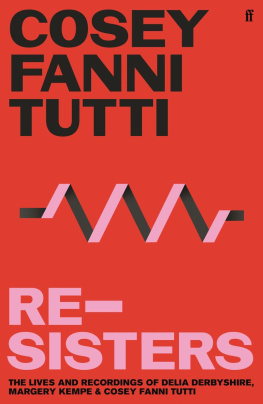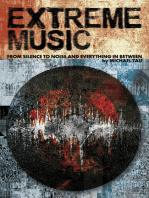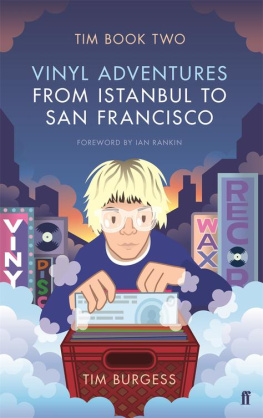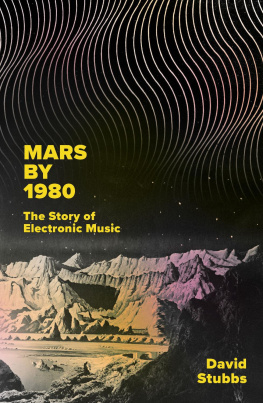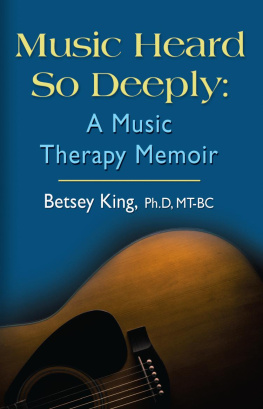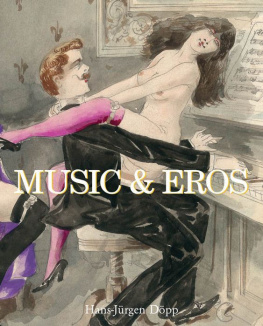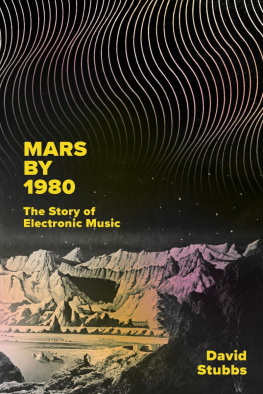As I was researching for an exhibition, going through some of my old diaries to fact-check, I got totally distracted and drawn into my past and ended up reading for hours. I finally closed the diaries and put them back in the cupboard, all chronologically lined up, like my story in waiting. I knew at that moment what form my book would take. If I was going to enter the lions den of my past, it would be by using my diaries as my primary source. They offered an unblinkered view into my mindset of that time, and I could avoid the misty goggles of retrospection. The diaries evoked strong feelings of extreme happiness, my spirited passionate self, and the not-so-good feelings of dark sadness and pain. It was a revelatory process and they provided exactly what I needed albeit a harsh and definitely not rose-tinted view of my past.
Yours was a difficult birth, my mother told me. I was born with my left elbow bent and my fist firmly wedged against my chin like Rodins The Thinker. Then she added, with a smile, Youve been difficult ever since.
The name chosen was Christopher; it was expected I would be a boy but I wasnt. The name was then changed to Christine and a middle name, Carol, added, which became my given name alongside nicknames Tuppence, Sputnik, Caz, and later names of Cosmosis, Scarlet and Cosey. So many names but only one me.
Just before the stroke of midnight on 4 November 1951, Hedon Road Maternity Hospital, sandwiched between a cemetery on one side and Hull Prison on the other. So began the first twenty-one years of my life living in the port of Kingston upon Hull then the most violent city in England. It was buzzing with energy and an expectancy of a better life after the devastation wreaked upon it, and its people, by World War II. The fishing and manufacturing industries were thriving, employment was at a healthy level, and the slum clearance and building of new homes fostered a spirit of positive change.
With such high hopes of prosperity while surrounded by post-war dereliction, a pervading sense of self-survival, and a confrontational and uncompromising attitude, its no wonder people were often at loggerheads for one reason or another. But the serious violence centred around drunkenness and conflict between the trawlermen, sailors, Teddy boys, mods, skinheads and Hells Angels. Everyone gave a wide berth to the trawlermen, who we called Fisher Kids. When they came back from a fishing trip laden with a fat wage packet, theyd drop off some cash to their families, don their pale-blue, double-vented Fisher Kid suits and head straight for the pubs to get legless and fight. They were hard drinkers, like the dockers and sailors, but their distinctive suits made them stand out a mile. Wed avoid them, not just crossing the road but dodging out of sight completely. That was my environment and I loved it.
*
I was about three years old, sitting in my pushchair with Mum pushing me, my Grandma Rarity at her side and my sister, Pam, holding on to the pram. The sun was shining. I was in a cotton summer dress and overwhelmed by a profound feeling of happiness, warmth and love, smiling as I looked up at the beaming faces all gazing down at me. That first experience of loving oneness proved key to my knowing what love should feel like. That fundamental emotional benchmark, set at such an early age, meant that I also recognised when things didnt feel right or measure up.
Significantly, I was not in the company of any of my dads family at such a joyous moment. Grandma Rarity was the mother of my mums first husband, Donald, an RAF pilot. They had married in 1941, during World War II, but he went missing in action the very next year. Mum was heartbroken and Grandma devastated, as Donald was her only child and shed already lost her husband after just seven years of marriage. Mum was like a daughter to her, and Grandma like a surrogate mother to Mum (who had lost her own mother in 1939). Me and my sister became the much-loved grandchildren Grandma never had, visiting her in Nuneaton for weeks at a time. My dad seemed resentful of the closeness we shared. He never came with us and kept Grandma at a distance.
Pam had arrived first, in 1950, which is why expectations were high that I would be a boy. Consequently we were both a disappointment to my dad from the start. Hed decorated the childrens room with toy-soldier wallpaper in preparation for his sons arrival. We often wondered why our bedroom had boys wallpaper, but just accepted it. He finally repapered our room when we were about ten years old, and the soldiers were replaced by red roses. I wasnt impressed, and kind of missed (and preferred) the soldiers.
So there I was, Christine, not Christopher, but Dad always called me by my second name, Carol, or my nicknames Tuppence or Sputnik. If I was in trouble, or to show his contempt for me, hed call me Christine, almost spitting the word at me. All the various names he had for me my sister was only ever called versions of Pamela were like code names for his moods, and I soon realised this and responded according to the one he used.
My mum always called me Carol, loved me no matter what I did (I was a bit of a hellion), smiled and laughed so much with us when Dad wasnt around, and sang as she went about the house. Her warmth and loving tenderness were in direct contrast to Dads cold detachment. When he worked night shifts, Id cuddle up with Mum in their big bed and drift off to sleep. Id sit at her feet by the fire, watching TV, and shed stroke my hair for hours unless my dad was around.
Those affectionate moments between me and Mum were often spoiled by Dad walking into the room and fracturing the calm atmosphere with a brusque Get up off the floor as if speaking to a dog. I only recall one time that he held me in his arms, when I was about six years old. Id had some teeth out and was still groggy from the gas so he had to carry me into the house. It wasnt a gesture of affection, but I convinced myself that he loved me nevertheless because he held me safe in his arms, and because he bought me a bar of chocolate. Not totally appropriate when I had a mouth full of bleeding gums and couldnt eat anything.
Mum married Dad in 1948; she was his elder by six years. They lived with Mums father in Wadham Grove, Hull, until they were rehoused to Staveley Road, on the spanking-new Bilton Grange council estate, about five miles from the town centre. My parents jobs meant we were one of just a few professional families amongst the coal men, factory workers and dockers in our road. The Scott family lived next door to us. Mr Scott, a burly but gentle docker, would painlessly pull my loose baby teeth out for me and give me a penny. The Scott family werent there long and the Smith family, with their eight children, moved in. That brought a batch of new friends to play with and Mrs Smiths freshly baked bread. The smell from the oven was amazing and shed invite me in and give me a hot bread roll dripping with melted butter. Our neighbours on the other side, the Goodriches, were different. They were more middle-class and had an immaculate house and garden and a shiny car. Owning a car was rare. I can only recall four cars ever being parked in our road. Elaine Goodrich became one of my best friends. We slept in adjacent bedrooms and would knock on the wall to signal to each other to lean out and talk through our open windows, exchanging comics swung across on lengths of string or wool.
The Bilton Grange Estate was built as part of the post-war house-building programme. Being the third-biggest port in the UK, Hull was the second-most-bombed city, so a massive rebuild was essential to replace the homes damaged or destroyed. The new estate I lived on had a shopping parade, a library, a park and even a cinema, the Berkeley. That arrived just in time for me to go to childrens Saturday cinema and watch classics such as


